Training and Coaching
£2360 (£1600 during the tuition waiver period)
This module aims to examine educational innovation and comprehend how pedagogical leadership can support a culture of continuous improvement. Engaging with contemporary theories, practices, and case analyses, learners will evaluate and apply innovative strategies to enhance teaching, learning, and overall school effectiveness.


1. Examine educational innovation in the context of pedagogical leadership
2. Comprehend the support pedagogical leadership provides in cultivating a culture of continuous improvement
3. Engage with contemporary theories, practices and case analyses concerning educational innovation and pedagogical leadership
4. Evaluate and apply innovative strategies to augment teaching, learning and overall school effectiveness


Scholarships
Citizens of the following countries are eligible for a 50% scholarship upon writing a personal statement. All scholarships are to be approved by the Academic Board. The list of countries are: Sri Lanka, Indonesia, Philippines, Bhutan, Morocco, Vietnam, Papua New Guinea, Laos, Cambodia, India, Nigeria, Ghana, Bangladesh, Laos, Myanmar, Pakistan, Nepal and South Africa. Please talk to your student counselor and ask for the Coupon Code to get the 50% Tuition Waiver.

To pass the unit a 40% overall grade must be achieved.

You are eligible if you meet our stipulated entry requirements.









Foundations of Educational Innovation
Cultivating Continuous Improvement
Theoretical and Practical Insights
Implementing Innovative Strategies
Technology and Digital Innovation
Leadership in Diverse and Inclusive Education
Future Directions and Sustainability